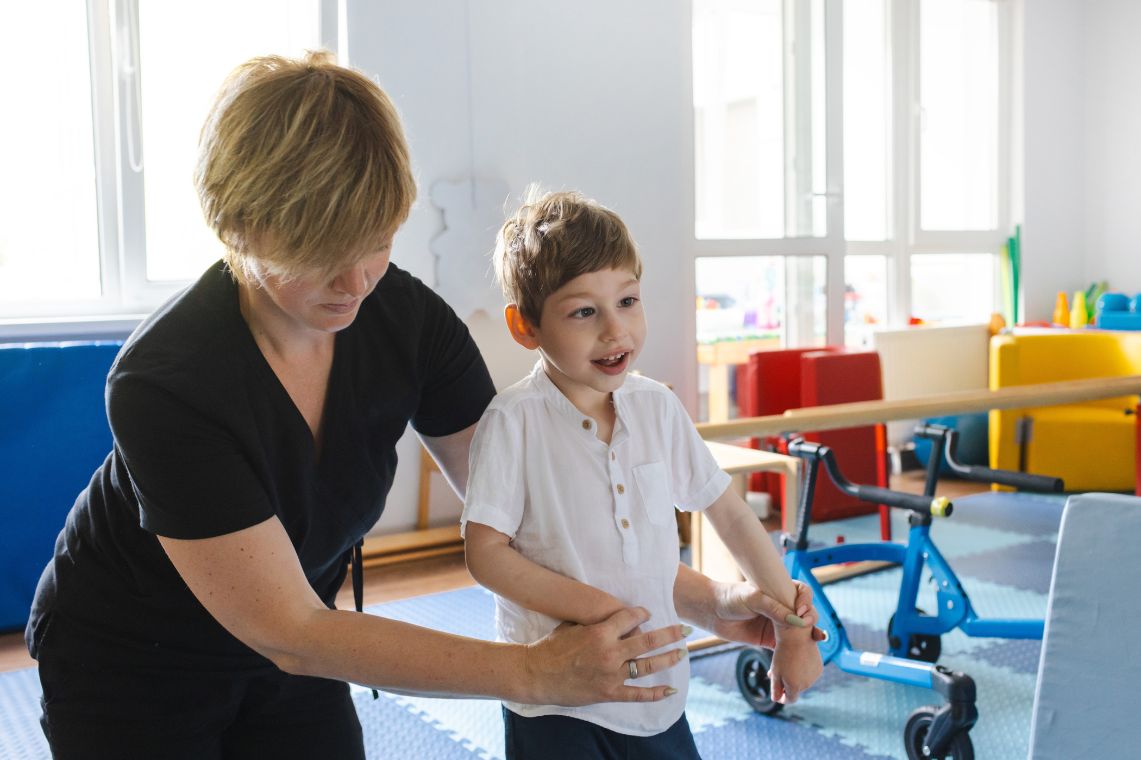Neuromuscular disorders originate in the brain and nervous system, but affect the child’s muscular system, causing problems with muscle tone, balance, mobility, and motor skills. Children with neuromuscular disorders will work with specialists in several different fields to receive treatment, including physical therapists, neurologists, and speech and language pathologists. Because neuromuscular disorders also cause problems with the musculoskeletal system, orthopaedic surgeons are also involved in the care process.
At Children’s Orthopaedic & Scoliosis Surgery Associates, our neuromuscular disorder specialists include Dr. Bland, Dr. Phillips, and Dr. Hahn. Our specialists are trained in nonsurgical treatment methods for neuromuscular disorders, and have fellowship training in pediatric orthopaedic surgery. We are also experienced in coordinating with other specialists to provide comprehensive care to our patients, and are affiliated with Johns Hopkins All Children’s Hospital. Our goal is to work with your child’s care team to avoid or delay surgery whenever possible. When surgery is needed, we try to perform multiple procedures at once to minimize the need for anesthesia and reduce recovery times. Learn more about how our team assists in the treatment of neuromuscular disorders.
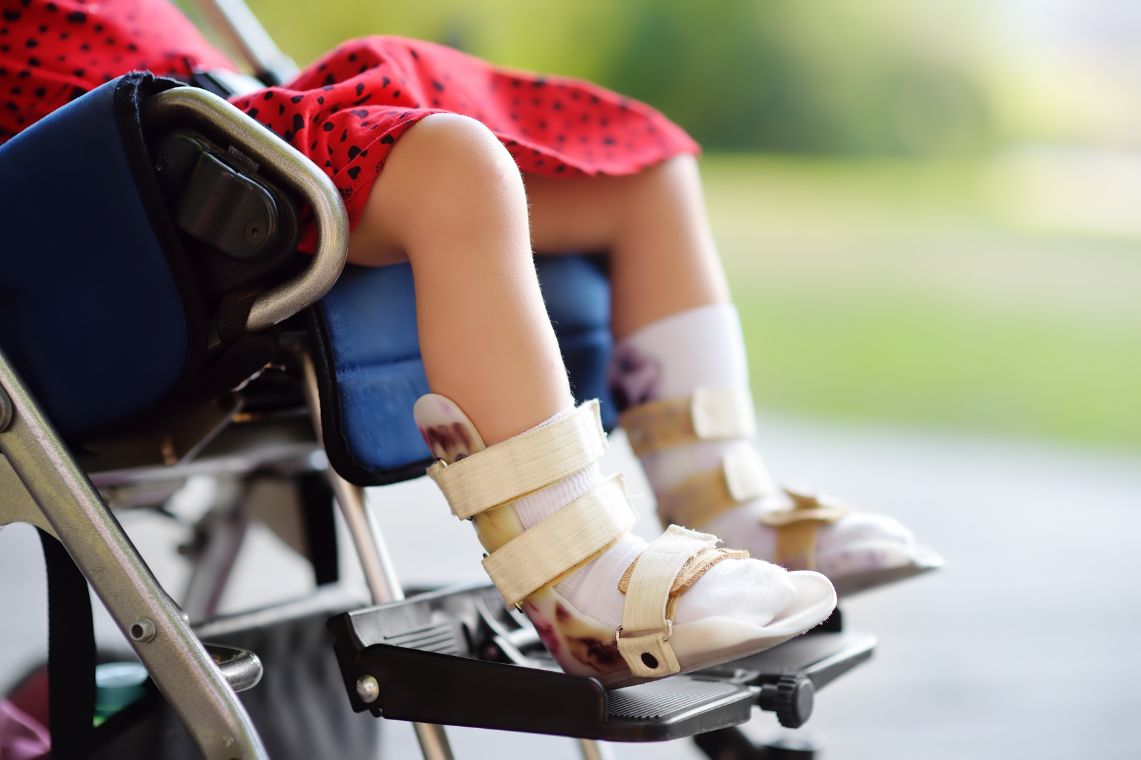
What You Need to Know
Cerebral palsy is one of the most common neuromuscular disorders that we treat at Children’s Orthopaedic. Cerebral palsy can result in increased or low muscle tone, which may affect one or more of the limbs. Muscle tone imbalances can affect a child’s mobility and cause problems with gait and joint function. Children with cerebral palsy require ongoing treatment, because there is no cure. However, regular nonsurgical treatment combined with surgical procedures, when needed, can help to ensure your child remains as mobile as possible while reducing pain and other functional issues.
Understanding the Spine
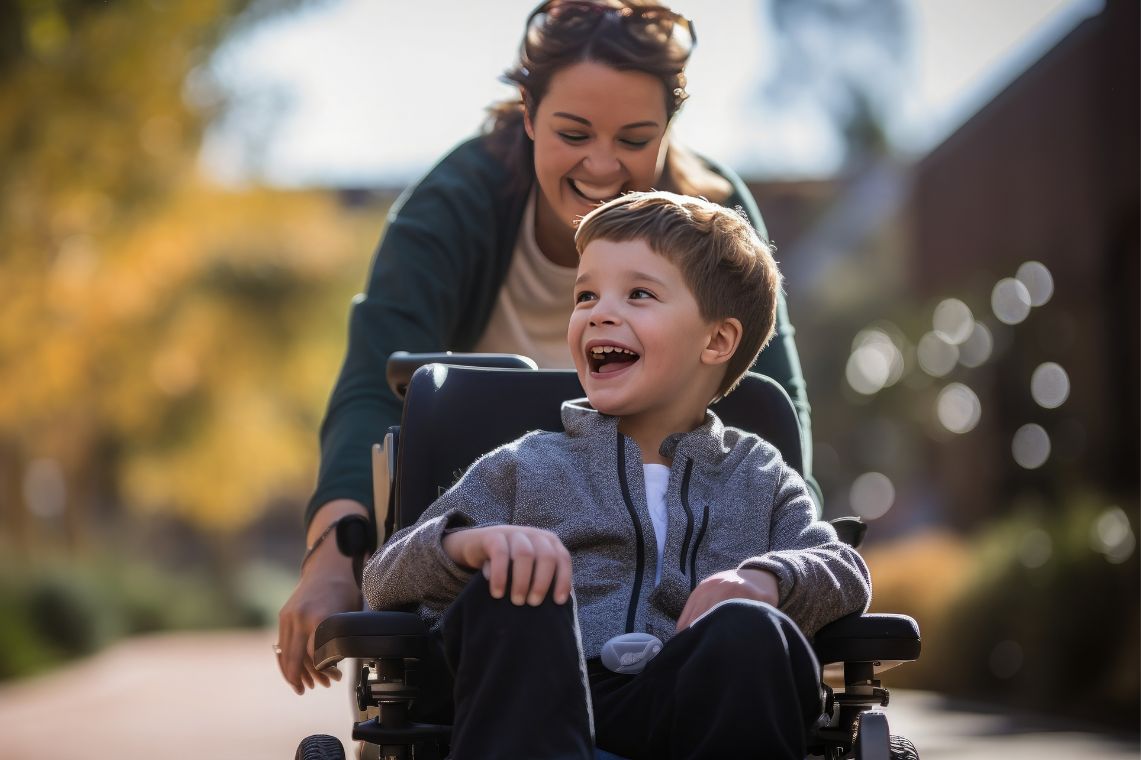
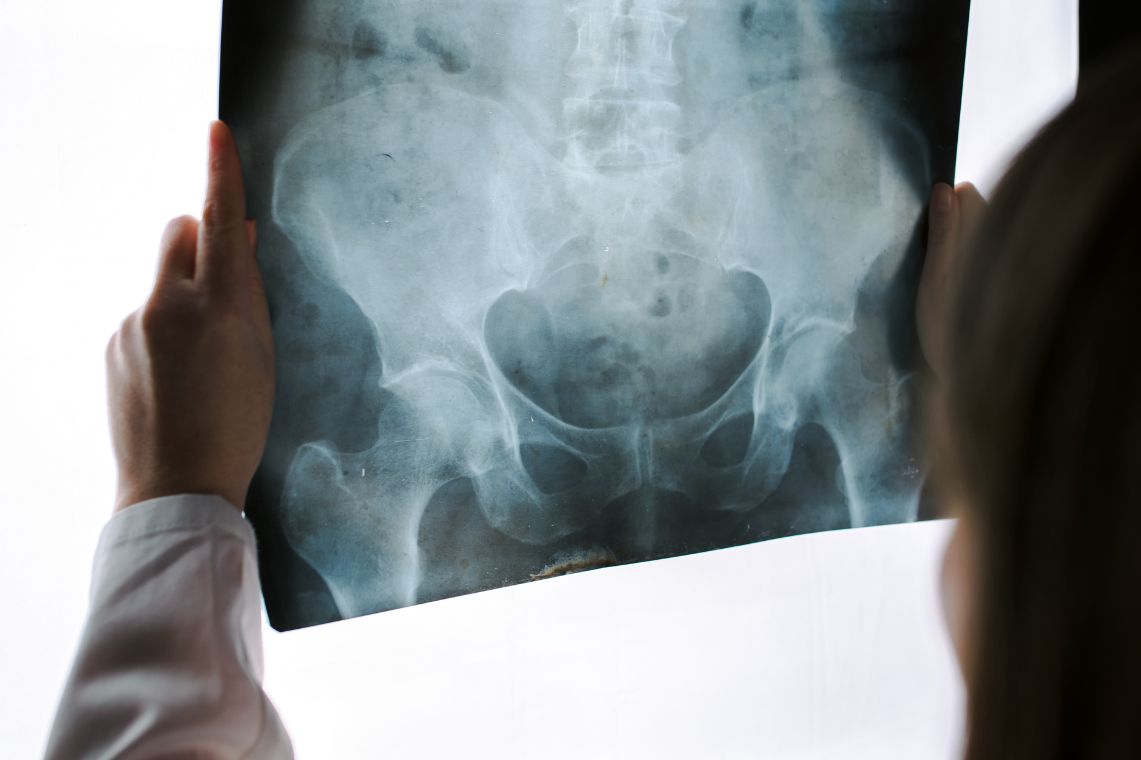
Early Care for Lifelong Mobility
Supporting Strong, Healthy Steps
Foot and ankle deformities like flat foot, clubfoot, high arches, and toe walking are also common in children with neuromuscular disorders due to abnormal muscle tone. Because children with neuromuscular disorders typically have problems with muscle stiffness, foot deformities often have more of an adverse effect on gait and mobility than they would in otherwise healthy children because they cannot compensate for functional problems with the feet. Treatments include both surgical and nonsurgical options to help correct the deformity and improve function.
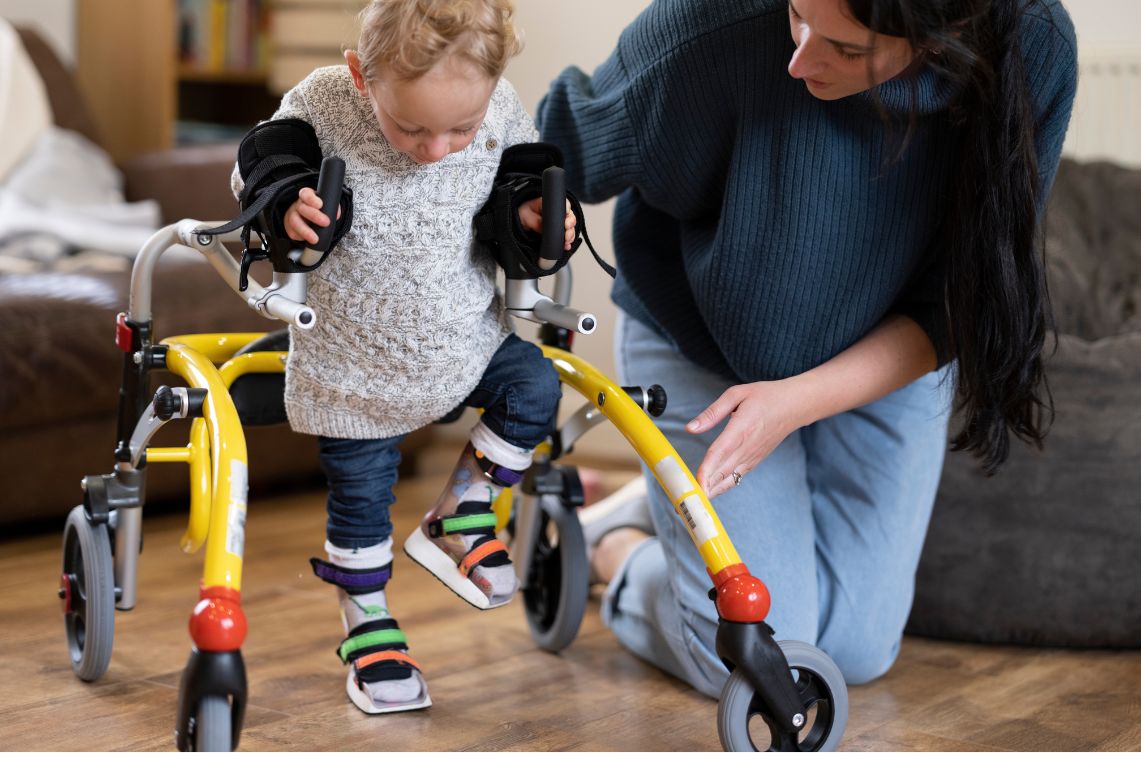
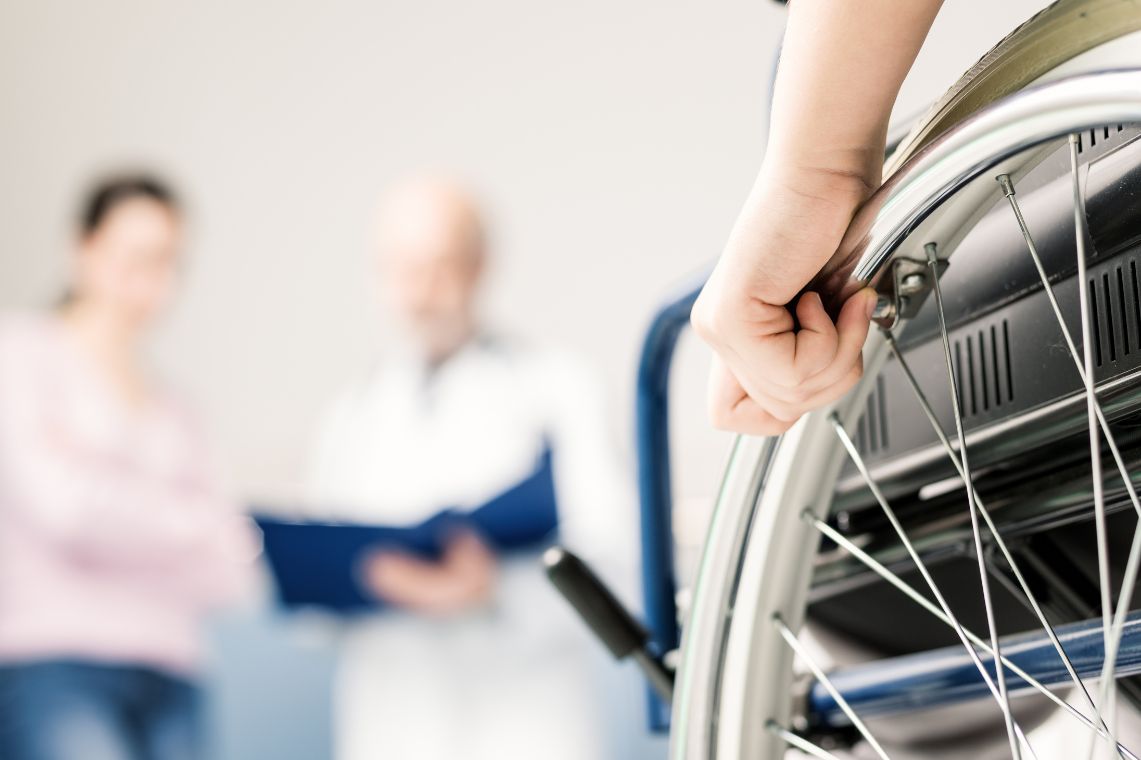
Helping Kids Walk with Confidence
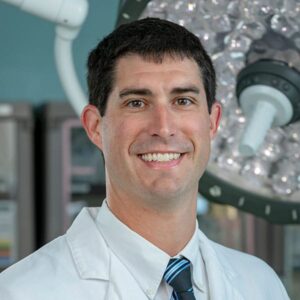
Board Certified Orthopaedic Surgeon

Board Certified Orthopaedic Surgeon
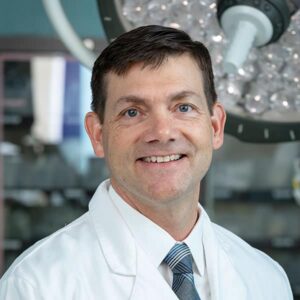
Board Certified Orthopaedic Surgeon
Restoring Movement, Enhancing Function
